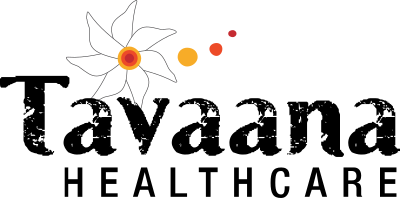Contact No.
+91 9810832202
Contact Timings
Mon - Sat : 10:00am to 5:00pm
Ancient vs Modern Medicine – What to Chose
Difference Between Ancient Medicine and Modern Medicine
It is a common dilemma in the minds of people, whom to consult with. Should we go to doctors trained in modern system who are competent in performing delicate surgeries and treat people with advanced pharmacological agents (chemical substances)? Or should we consult with physicians trained in another pathy like Homeopathy or Unani system of medicine or Ayurveda etc. These systems are grouped under “Complementary and Alternative Medicine” (CAM). We are labelling these as Traditional Medicines. In India this is known as AYUSH – Ayurveda, Unani, Siddha and Homeopathy. These are also known as Indian System of Medicine (ISM). Both approaches have legacy of knowledge behind them. Modern system of medicine has accumulated inputs from medical scientists of modern era. Several thousands of research papers are being published and 24 hours’ laboratory work and clinical research is refining the old as well as generating the new ideas of treatments. Whereas Ancient system of medicine has thousands of years’ experience of treating people through natural substances. In fact, modern pharmacology is exactly a continuation of that age old process.
Still, you did not get out of your dilemma? Well, the way out is not that much straight forward. Let us read some lines more.
Benefits of Modern Medicines:
When life is threatened, we need highly potent medicines with known and precise mechanism of action. Man has worked hard to explore and synthesise these types of molecules. In that case, doctor knows, how much micrograms drug is being absorbed, at what time it will reach target organ and at what time its actions will be gone. Which drug will cross blood brain barrier and which will block a particular biochemical pathway. Hence with great prediction, doctor use these medicines on patients who at some times, may need them desperately. Here, we can correctly say that modern devices and drugs save lives efficiently. But these substances serve us with a cost. It is a universal rule that as much potent a medicine is, that much potent its adverse effects are. This rule is true for herbal medicines too. So, despite of their benefits, modern allopathic medicines have visible and expressive undesired effects.
Is Herbal Medicine Free of Side Effects?
Yes!… Well, not exactly. As I said earlier appearance of side effects (undesired effects) is directly proportional to the potency of the desired effects. Not every side effect is bad, hence we call them side effects. The actual bad side effects are known as Adverse Effects. There are some highly potent medicines in herbal systems that are recommended in milli grams, like bhasmas in Ayurveda and Kushtas in Unani system of medicine. Overdose of these medicines can result in adverse effects.
This is the reason why some herbal medicines are not directly used in the formulations. Instead, they are processed in ancient ways to reduce or remove their toxicity. For example, a well-known medicine Kuchla (Strychnine), is very potent but has toxicity in it. It is first soaked in water for five days, then boiled in milk, and then roasted in clarified butter. After that, it is used in medicines made for neurogenic paralysis, bronchial asthma, and urinary incontinence.
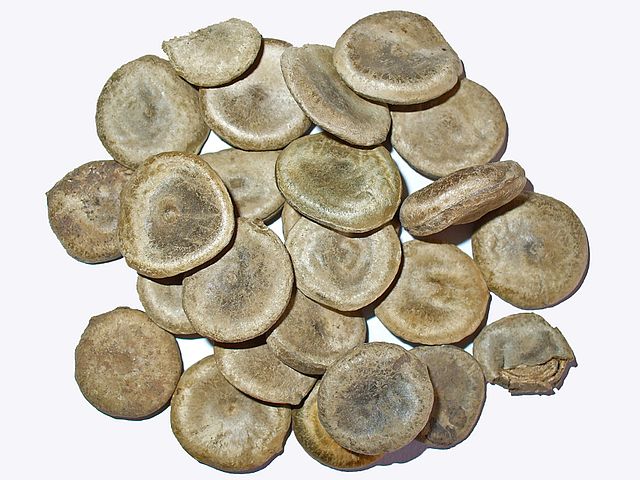
Safety of Herbal Medicine:
The difference in potency is not the only reason why herbal remedies does not show side effects. An important phenomenon is presence of neutralising substances in crude herb. An herb can contain an active phytochemical component responsible for its medicinal properties. Apart of that there may be some other alkaloids, oils or substances that mask toxicity of active component.
In backdrop of all this knowledge, it is evident that ancient systems of medicine affect our body with gentle hands, whereas modern molecular drugs are harsh in nature. Both systems have separate usability.
Why Patients Use Alternative Medicine?
- Traditional medicines can relieve the symptoms of diseases without harm.
- Traditional medicines can help the body to treat trivial infections itself.
- Traditional medicines can keep the physiological systems (circulatory, digestive, excretory, nervous etc.) healthy by constantly using food recipes that have medicinal value, herbs that have nutritive and anti-oxidant properties, and lifestyle that protects man from falling ill.
- Traditional medicines act in every disease except ones that are caused by miscoded or deficient genes. In that case complementary and alternative medicine help in relieving symptoms only.
- In many cases traditional medicines are prescribed with some allopathic regimens to minimise side effects of drugs. For example, in Anti Tubercular Therapy (ATT), liver protective traditional formulations can be used to save from hepatotoxicity. Of course, drug interactions must be considered while doing this. Ayurvedic and Unani formulations for liver have also shown amazing results in hepatitis patients, where no anti-viral or modern drug is effective.
Now you may agree when we say:
Modern Medicine Saves Life, but Ancient Ones Protect it.
Is Every Alternative Medicine Herbal?
No. Not at all. Herbs are a big but one part of medicinal repository used in alternative or traditional medicine systems. Many medicines are minerals in nature whereas many are made from animal source.
Examples of Traditional Medicines Derived from Animals:
Sea Shell: In traditional medicine, seashells also have medicinal properties. Seashells are part of the body mussels, oysters, scallops, pipis, and clams. Shells may be empty because the animal has died and the soft parts have decomposed or been eaten by another animal. It is used internally as nerve stimulant to treat neurogenic termers. Shells are also useful in arthritis and gout pain. Externally, it is natural skin cleanser.
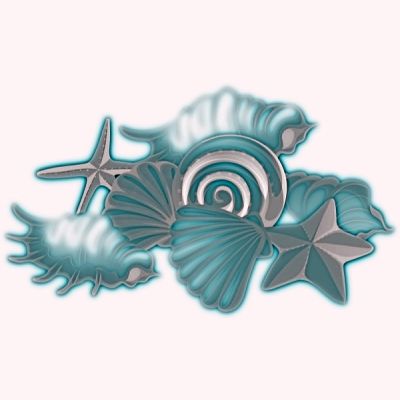
Isinglass: Isinglass is a substance obtained from the dried swim bladders of fish. It is a form of collagen. It is used in for weight gain formulations. It also enhances wound healing. So traditionally, it is sprinkled on wounds to check bleeding and speed up healing. Further it can lighten the skin tone and may reduce wrinkles on face.
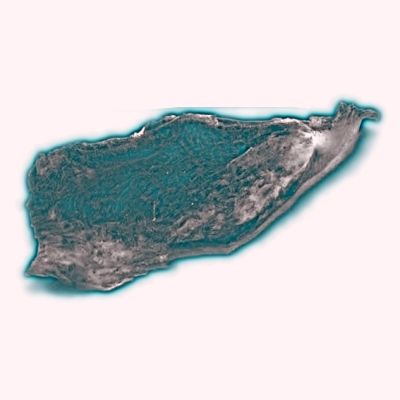
Silk Cocoon: Silk worm is wrapped inside this naturally. It is a natural silk composite with a non-woven structure made of continuous silk fibres prepared by silk worm. It is well known cardiac tonic, used in palpitation as well as anxiety neurosis.
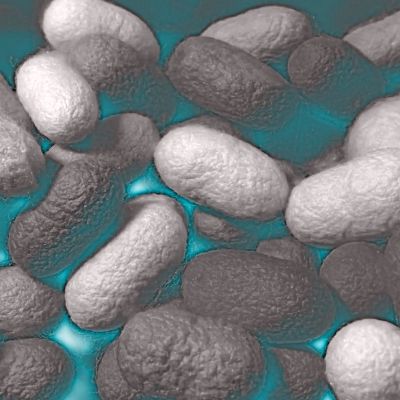
Castoreum: Castoreum is a yellowish exudate from the castor sacs of mature beavers. Castor sacs are in two cavities under the skin between the pelvis and the base of the tail. It is effective anti-convulsive. For some unknown mechanism of action, it relaxes spasm in bronchioles, so gives relieve bronchial asthma.
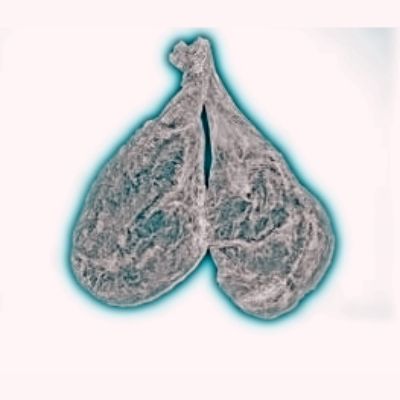
Earth Worms: Copper coloured worms that are used externally on inflamed parts or its oil preparations are applied on male genital to treat erectile dysfunction.
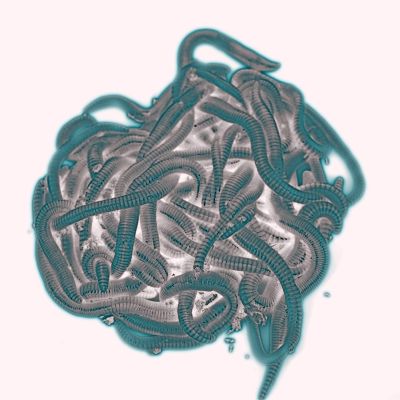
Crab: This aquatic animal is strangely used in traditional medicine. It is claimed as anti-tubercular for lungs. It prevents spiting of blood in tuberculosis. It was used in earlier times to get rid of toxic effects of snake, dog, and scorpion bites. In all cases it is used in burned form. This ash is also applied on skin to remove dyspigmentation.
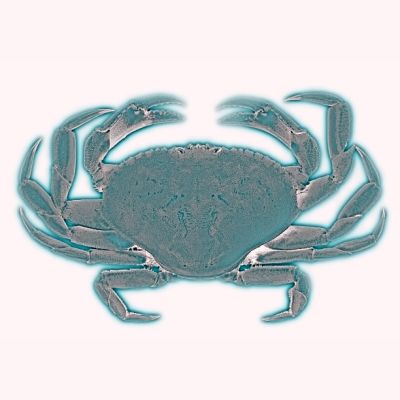
Conclusion:
Every system of medicine is an asset of man. Modern medicine use regimens with precise mechanism of action and predictability. Whereas systems like Unani and Ayurveda use their thousands of years’ accumulated knowledge of folk herbs and substances. Modern medicine saves life but ancient ones protect it.
